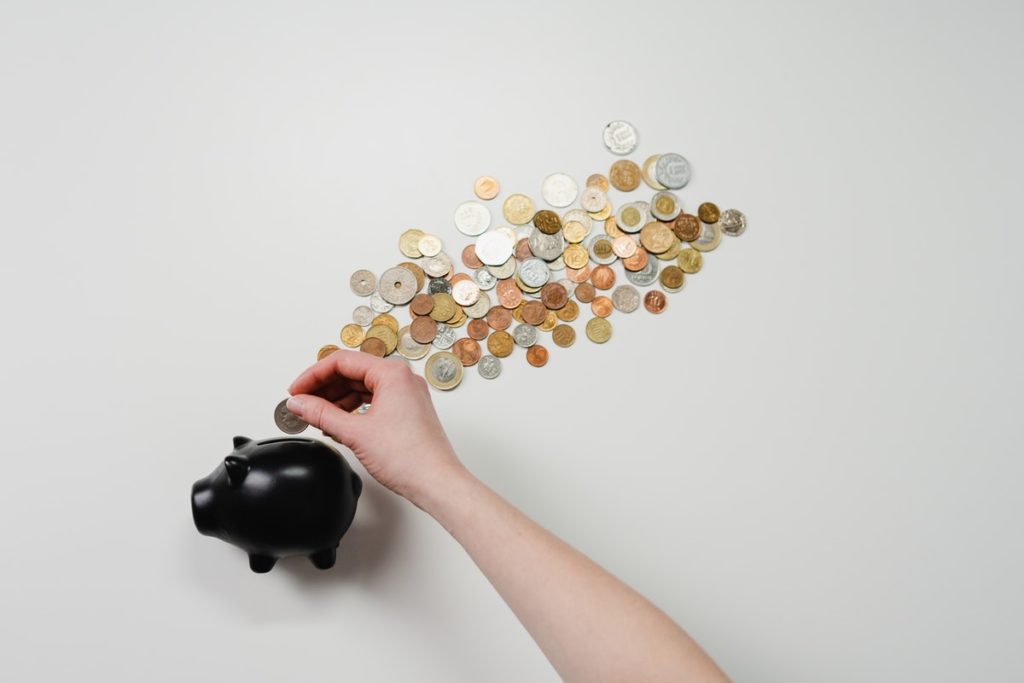At some point in your life, you will realize that it’s time to invest in a house. You can’t be renting an apartment forever, especially if you’re planning to start a family. But no matter how much you want to own a property, it will all depend on how ready you are for the challenge.
Let’s be blunt: Buying a house means that you need to have the financial capacity to pay for mortgages and other fees. And while your finances play a crucial role, buying a home takes guts. One of the most important things you need to consider here is your spending habits. How well can you manage your finances? Do you have savings? If none, how do you plan to pay for the house you want to buy?
Many millennials nowadays find it hard to save up. Most of them may have promising careers with above-average paychecks, but not everyone can afford a house. Why? Because of their poor money habits.
Bad Financial Habits to Break
If you feel like you’re ready to get yourself a house, here are the habits you need to ditch as soon as possible.
Maxing Out Your Credit Card
Credit cards are so easy to use. You swipe them to pay for your purchases and not worry about taking out any dollar from your wallet. But beware because it can be hard to pay off your credit card debt once you’ve maxed it all out. It’s the worst money habit to practice.
Not managing your credit card debts can affect your credit score. And when that happens, there is a high possibility that you will not be approved for home loans.
When you buy a house, you’re not just going to pay for its total amount. You also have to pay for taxes, documentation, real estate agent, transaction fees, and many more. You may even need to prepare a few more bucks for home remodeling services. How will you pay for these other fees if your credit card is maxed out and you don’t have savings?
Shopping Due to Boredom or Stress
Thanks to the rise of online shopping, people have found it easier to shop whenever they are bored or stressed. They buy things they don’t even need to feel better and relieve stress. But what they don’t understand is that this bad habit has a long-term effect on their finances.
You constantly spend money by habitually shopping out of boredom, which dries out your savings. Consider starting a hobby that will help you manage stress or boredom. You can start learning to paint, play an instrument, or cook. These are activities that will hone your skills but are super friendly to your pocket.
Shopping for Status
If some people some because of boredom, others shop to fit in or elevate their social status (even though they cannot afford it). If you find yourself buying things just to impress other people or dress like a celebrity, you are certainly shopping for status.
But keep in mind that having a place to call home is better than having a collection of luxurious clothes you barely even wear. While there is nothing wrong with shopping, it should not get to the point that you can no longer control yourself. Otherwise, you’re going to lose your savings, and you might even end up in debt, affecting your capability to buy a house.
Good Money Habits

Now that you’ve learned the bad habits you need to let go of, it’s time to build positive financial habits. These practices can help you save more so you can finally buy your dream home.
- Plan your monthly budget. List down your usual expenses every month and try to put a limited budget for irrelevant things, such as lunch outs and online shopping.
- Live below your means. Stop trying to impress people. Save up for a home so you can impress yourself.
- Build an emergency fund. You’ll never know when emergencies might happen, so it’s wiser to have savings you can use for such events.
- Learn to invest. There are many ways to make your money work for you. Find out which one suits your needs the most so you can earn more.
- Be insured. Apart from your emergency funds, it’s also critical to protect your assets or properties, if there are any.
At first, you’ll find it hard to break your old habits, but you just have to keep in mind the benefits you will reap once you save more money to buy your brand-new house. Keep your eyes on the prize, and everything else will follow smoothly. Doing so will motivate you to practice positive financial habits as you get older.

